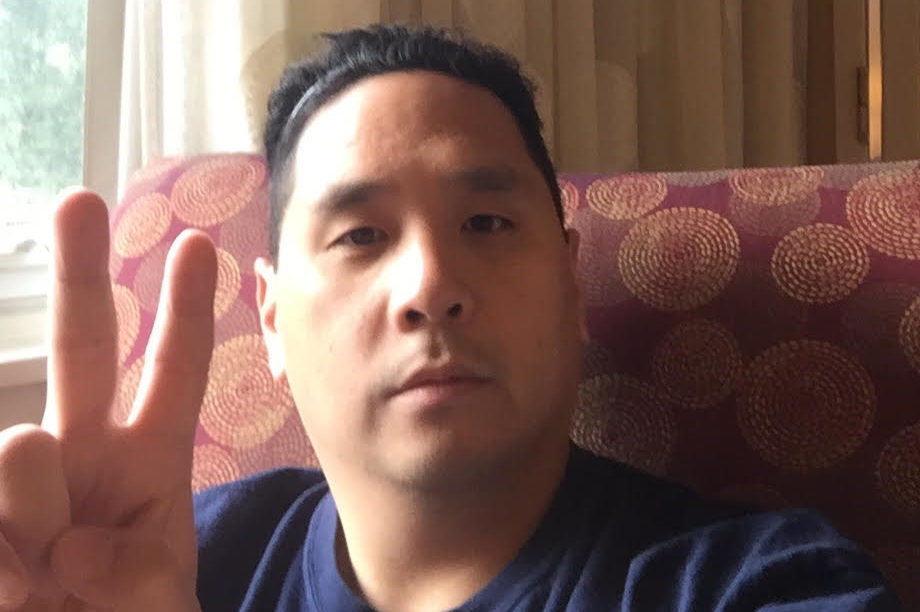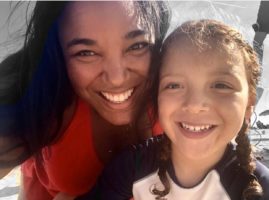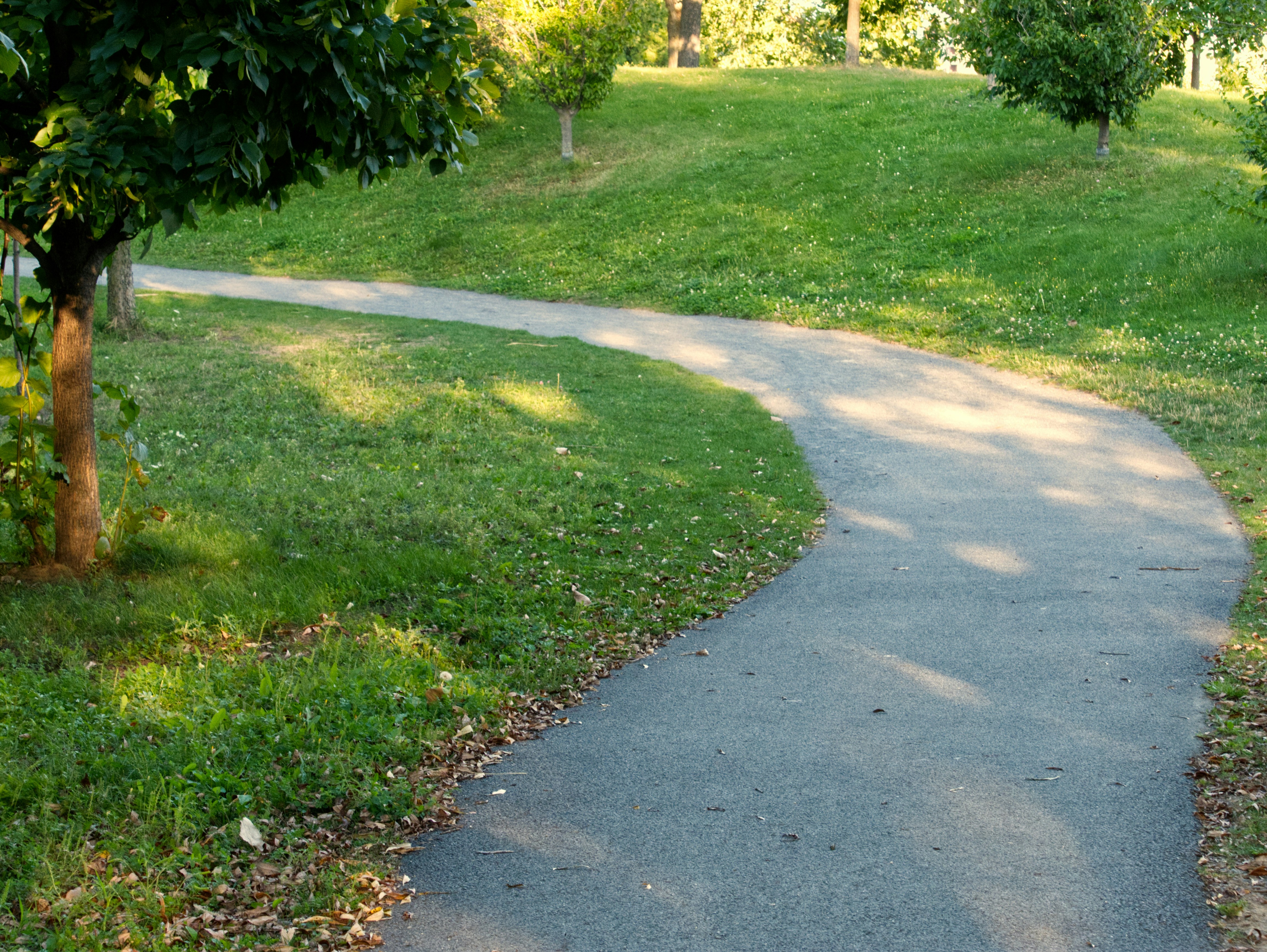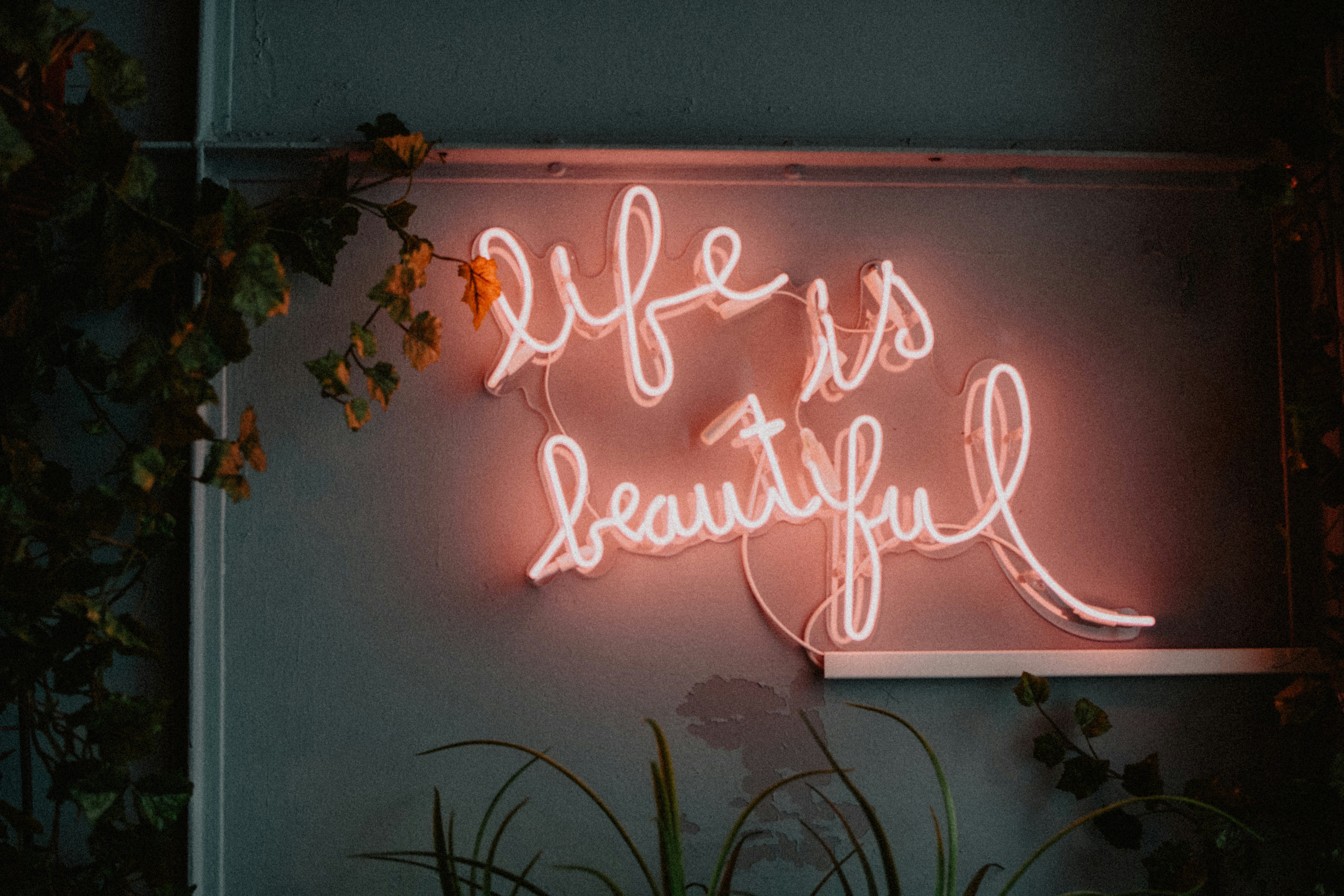To the Tenafly Community,
For a long time, the stigma associated with mental health deeply hurt me. It made me hate my life.
No matter where I was or what I was doing, it felt like I couldn’t escape the preconceptions – from the news to movies to everyday life.
When I was 31 years old, I was in a meeting, and a coworker was talking about a difficult client she spoke to on the phone.
In front of my boss and coworkers, she said, “I don’t know what’s wrong with her. She must be bipolar.”
Immediately, I froze up.
For many years, I didn’t know much about bipolar disorder.
No matter where I was or what I was doing, it felt like I couldn’t escape the preconceptions – from the news to movies to everyday life.
As a teenager, I didn’t feel like I fit in anywhere. At times, I felt depressed and lonely and did not want to live anymore. But I thought my feelings were just typical teenage angst.
Afterall, I was a straight-A student and highly involved with extracurricular activities and my local church. By all measurable standards, I was doing well. Following high school, I went to Dartmouth College and then graduated and became a paralegal.
It was not until I was 25 that I began to learn about bipolar disorder. It was the summer of 2005. My wife and I had just celebrated our second anniversary, but our relationship was very strained. More than anything, I wanted to fix it, which led me to spiral. I was writing excessively, trying to figure things out. I was acting unusually gregarious and energetic, and I was taking unnecessary risks.
My wife and I went to a marriage counselor who referred me to a psychiatrist. At my second appointment with the psychiatrist, I was talking very fast, and I kept jumping from one thought to another. The psychiatrist called an ambulance because he thought I was having a manic episode.
I went from Bellevue to New York-Presbyterian Hospital in Westchester, where they put me under observation and suggested I take medication. I knew taking the medication was my only way home. So, I took it. When the medicine helped my symptoms, I was told I had bipolar disorder.
My parents were very resistant to this idea of mental illness, as well as me taking medication. Their lack of acceptance made it even more difficult for me to understand and process. So, I looked at whatever I was dealing with as part spiritual, part mental illness and part stress. I tried not to think too much about the actual label.
But then, it happened again.
After taking bipolar medication for about three years, my doctors instructed me to come off of it because there was a one in four chance I would never have another episode. But in January 2011, my doctor called the police and wanted me to get to the hospital right away. Once again, I was writing excessively and wasn’t sleeping, as I exhibited many of the same symptoms I did with my previous episode. I went right back on medication. This time I knew it was true. I knew I was bipolar.
Bipolar is where you go through episodes of extreme happiness or sadness to the point that it impacts your ability to function at your job, your school, or even in your relationships.
After about a two-month leave from work, I returned. I didn’t want anyone to know about my diagnosis. I didn’t tell anyone. So when my coworker made that comment about her client being bipolar, it scared me. I felt incredibly self-conscious, and it reinforced my belief that I should keep this under wraps.
In my mind, bipolar took over my whole identity. The way the disorder is often characterized in our society left me with so much shame.
Throughout the last 10 years, brick by brick, I have been trying to rebuild my shattered self-esteem. Last year, when I moved to Tenafly I took a giant leap forward in that process. I joined the Tenafly Stigma-Free Committee, an organization in our town that aims to end the stigmas surrounding mental health, emotional problems and mental illness.
The organization provides a space where I don’t feel the need to button up and hide part of myself. Now, I no longer feel disconnected from people. This community has allowed me to feel safe being my authentic self, which has also given me a sense of belonging. A sense of belonging that previously didn’t exist anywhere for me – not even when I was alone.
This community has allowed me to feel safe being my authentic self, which has also given me a sense of belonging.
From feeling like I couldn’t trust my own thoughts or emotions, to now feeling confident in who I am, I have come to realize bipolar doesn’t define me. It is just one piece of me. There is so much more to me. I’m a son, brother, friend, and father. I’m a leader in my career and a passionate ally for others who are marginalized and stigmatized. Life has been coming together for me as I have combined my love of writing, spirituality, and building community to create a business and website: dryandbarren.com.


I am incredibly proud that I no longer hate my life because of my label. Instead, with your help, I found my voice and see value in using it to offer my unique perspective.
Thank you all for not only making me feel accepted but also for helping me to accept myself.
As a community, I know we can make an impact on many people’s lives. I am so sure because you all have already made such a difference in mine.
Our work is just getting started.
Thank you again,
P.S. I entered The Unsealed writing contest and wrote a letter to my daughter. Check out my entry here.
Also, Tenafly’s Stigma-Free Committee is holding an event Wednesday August, 11the at Huyler Park at 7:00pm. The Unsealed’s Lauren Brill will be speaking live.









